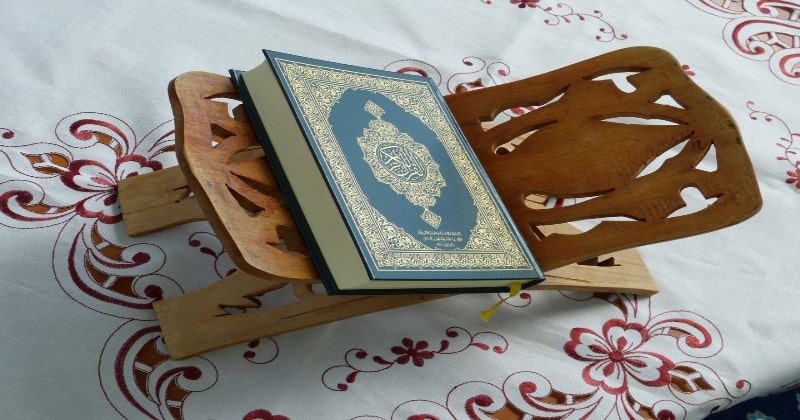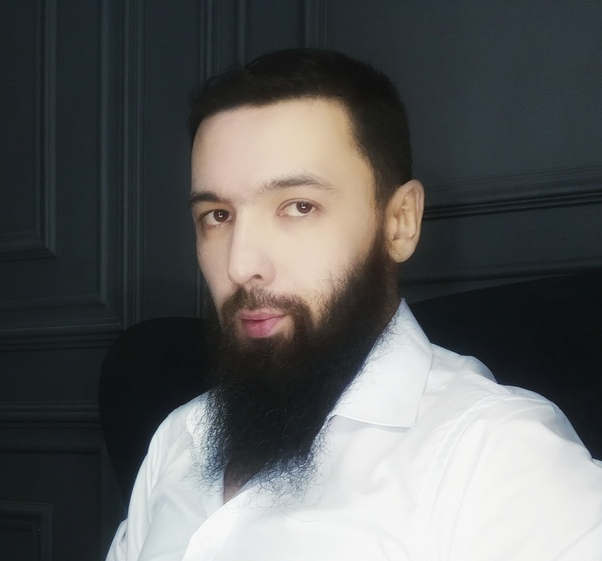
In an age of unprecedented digital connectivity, the Muslim world is witnessing a rise in faith-based healing delivered through phone calls and virtual sessions. Among these, remote ruqyah—Qur’anic recitation for healing—is gaining attention for its accessibility and effectiveness. But the question arises: can healing over a phone line truly reflect the sacred traditions of the Prophet Muhammad (peace be upon him)?
In this article, we delve into how remote ruqyah is not only permissible, but how it also harmonizes with the timeless Prophetic model of healing. By exploring the essence of ruqyah, reviewing traditional sources, and considering the evolution of communication, we aim to establish that distance does not diminish the spiritual power of Qur’anic healing.
UNDERSTANDING THE PROPHETIC MODEL OF RUQYAH
The Prophet Muhammad (peace be upon him) practiced and endorsed ruqyah as a means of seeking Allah’s healing. He recited verses for himself and for others, encouraged companions to do the same, and taught specific supplications for protection and cure. Notably, the Messenger emphasized the content of the supplication and the tawakkul (trust in Allah) more than any physical methodology.
Among the hadiths recorded in Sahih al-Bukhari and Sahih Muslim, several mention the Prophet reciting ruqyah at a distance or giving others permission to perform ruqyah in his absence. This demonstrates that the curative power lies in the Qur’anic words and sincere invocation, not in physical proximity.
Moreover, many companions were known to perform ruqyah with just their voices—without physical contact. In fact, one famous narration describes a Sahabi healing a tribal chief by merely reciting Surah Al-Fatihah. The healing was accepted and compensated, and the Prophet (peace be upon him) validated the action.
THE SPOKEN WORD: A VEHICLE OF DEVINE POWER
Islam places profound emphasis on the spoken word. The Qur’an itself was revealed orally and memorized by the heart before it was recorded. The power of sound—intoned, recited, and heard—has always been central to Islamic spirituality. Thus, when ruqyah is recited through a phone, the sacred function of sound transmission remains intact.
The Prophet (peace be upon him) said: “Verily, in the remembrance of Allah do hearts find rest” (Qur’an 13:28). This verse does not depend on physical space; rather, it speaks of the heart’s connection to divine words. If a voice carrying dhikr or Qur’anic recitation reaches someone’s ears, even remotely, it can touch the heart, bring peace, and invite healing.
THE ROLE OF INTENTION & FAITH
Islamic tradition has always emphasized niyyah (intention) and yaqeen (certainty in Allah’s power) as the core of any spiritual act. Whether ruqyah is performed in person or over the phone, the effectiveness is not diminished as long as the practitioner and recipient approach it with sincerity and trust in Allah’s mercy.
From an Islamic legal perspective, ruqyah is not bound by rigid form or location. Scholars from the Hanafi, Maliki, Shafi’i, and Hanbali schools of thought all agree that if the recitation involves Qur’anic verses and the meanings are sound, the ruqyah is valid. This validity is not contingent on physical presence.
NECESSITY AND FLEXIBILITY OF MODERN TOOLS
Islamic jurisprudence is rooted in timeless principles but is also equipped with mechanisms for adaptability. The principle of maslahah (public benefit) allows the application of rulings in a way that serves the needs of the community without violating Shari’ah. Remote ruqyah, especially in times of illness, long distances, or pandemics, aligns perfectly with this.
Sheikh Ibn Baz and other notable scholars have issued fatwas permitting ruqyah over the phone, emphasizing that there is no religious text prohibiting it, and that the benefit is established by experience. In other words, the recitation’s impact is not hindered by technology—it simply uses a new tool to achieve an old purpose: healing.
REAL STORIES WITH REMOTE RUQYAH
Anecdotal evidence from around the globe further supports the effectiveness of remote ruqyah. Muslims in areas without access to trained practitioners have received healing, relief, and protection through voice calls with sincere ruqyah practitioners. Many report feeling lighter, calmer, and spiritually uplifted after listening to ruqyah recitations—even via phone.
These testimonials echo a broader Islamic truth: Allah is not bound by time or space. If He wills healing, it can reach the heart of a believer through a whispered verse, a phone speaker, or a live call from thousands of kilometers away.
ADDRESSING CONCERNS WITH REMOTE RUQYAH
Some may argue that digital communication lacks the spiritual presence needed for ruqyah. However, such concerns often conflate traditional practice with divine principle. While physical presence may offer comfort, it is not a theological requirement.
Others may worry about distractions or interruptions during a call. However, with proper etiquette—such as choosing a quiet space, focusing the heart, and avoiding multitasking—the session can remain spiritually potent.
Islam has always promoted intentional worship, not passive ritual. When one attends a ruqyah session, even virtually, with full presence of heart and trust in Allah, that session holds immense value.
CONCLUSION
Remote ruqyah is not a departure from the Prophetic tradition—it is a natural extension of it in the modern era. By preserving the essence of the practice—recitation, intention, reliance on Allah, and the healing power of Qur’anic words—we honor the Sunnah even through a smartphone.
In the same way that Islamic scholars embraced microphones, recordings, and radio broadcasts for delivering khutbahs and Qur’an recitations, we must also embrace technology as a tool, not a threat. For a believer in need, the phone becomes a lifeline not only to another human, but to divine mercy.
As long as the voice carries Qur’an, the intention is sincere, and Allah’s name is invoked with trust—the healing can flow, regardless of the miles in between.

